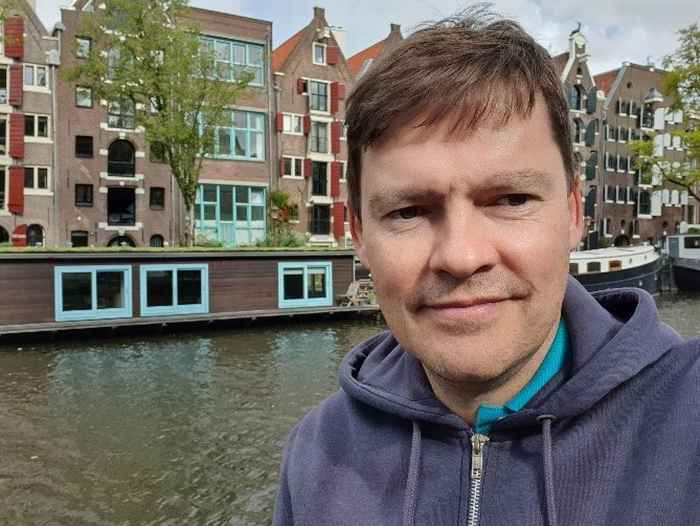Emergence of Ideas: Navigating Complexity in Economics and Beyond at IAS
Blog by Alumni Fellow Mikhail Anufriev
15 January 2024

A decade earlier, Amsterdam had been my home, and I maintained collaborations with colleagues at the CeNDEF group in the Faculty of Economics and Business. CeNDEF has always been on the frontier of complexity research in economics and finance, but working at the IAS offered a chance to reassess my work in the context of diverse perspectives from scholars in other disciplines, and also extend applicability and horizon – something that economists are often criticized for not doing.
My research, often conducted in collaboration with Cars Hommes and Jan Tuinstra from CeNDEF, focuses on developing, testing, and estimating models of self-referential systems in economics. These models depict agents relying on behavioural rules, experimenting with these rules, adapting based on past performance, and thereby influencing the aggregate dynamics of crucial variables such as financial indices, inflation, or a country's production output. The successful application of these models in macroeconomics and finance, along with new microdata obtained through laboratory experiments, fueled my interest in two projects. One aimed to refine the models in light of experimental data, and the other sought to extend their applicability to other domains. The variability in IAS research themes, which includes studies in computer science and psychology, particularly suggested that the IAS is the ideal setting to embark on this intellectual journey.

Now, reflecting on the past fellowship and taking a break from writing two new papers outlined during my time at IAS, I can affirm that the fellowship was transformative. As expected in such an environment, the transformations unfolded in somewhat unexpected ways. For instance, Vítor Vasconcelos helped me discover compelling literature on mathematical models exploring the evolutionary competition between behaviours related to ecological rationality, crafted by a team of computer scientists. These models relate to experiments I conducted earlier. The events I attended, from a book presentation on complexity by James Ladyman to discussions on strategies for addressing poverty traps, and even contemporary architects' ideas on designing workspaces, significantly broadened the definition of complexity I had in mind. All these events proved to be immensely interesting.
The collaborative atmosphere, along with the availability of cozy spaces (and I could see my collaborators’ envy when I Skyped with them from Peter Sloot's room!), sparked inspiration for new ideas and enterprises. I even started using Python in programming to take advantage of existing algorithms and considered a cool microeconomic subject that could be taught with computer modelling and experiments in parallel. And, of course, the workshop organized by my host, Jan Tuinstra, and me, called "Interdisciplinary Approaches to Environmental Problem-Solving," was one of the major highlights as it brought together economists, computer scientists, and practitioners to share diverse research efforts on climate change.